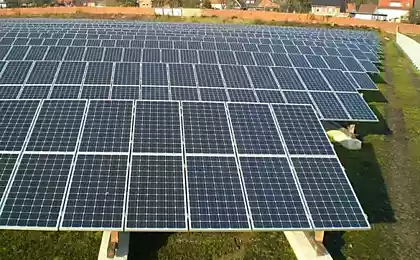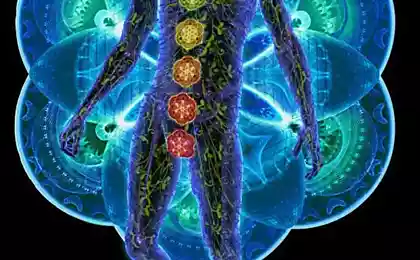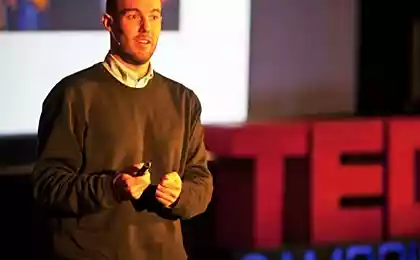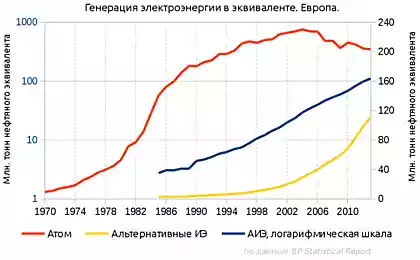446
8 samieh expensive problems
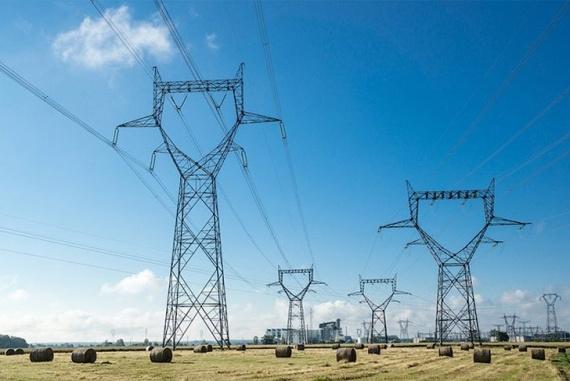
Over the last few decades life for the majority of humanity was much more comfortable than before. However, there are still many pressing issues to be addressed. The shortage of food, water, energy and other problems of the future, where you can earn in the twenty-first century.
Wireless electricity
1. The battery remains the weak point of the modern mobile devices: each year, the screens are getting brighter and clearer, processors increase the number of cores, hardware is becoming more powerful, and if this does not fundamentally change, remaining at the minimum critical level. The size of present batteries limits the size and form factors of the gadgets, and the extensive increase in battery capacity is unlikely to radically solve the problem of wearables. But there is a workaround that can bring the companies billions of dollars.In the spring of last year it became known about the unusual patent Jeff Bezos: Chapter Amazon offered the tablet without battery and memory usage — all data and electricity are transferred to it from the network base stations. Such a solution can not only dramatically reduce the cost of the device (which is part of a business scheme Amazon, ready to distribute gadgets at a loss in order to sell their own content directly to the user), but also to give it almost any shape and to remove restrictions on working time. On the practical implementation of the ideas of engineers of the University of Washington: their prototypes transmitters without batteries already can communicate with each other using wireless communication.
The Internet worldwide
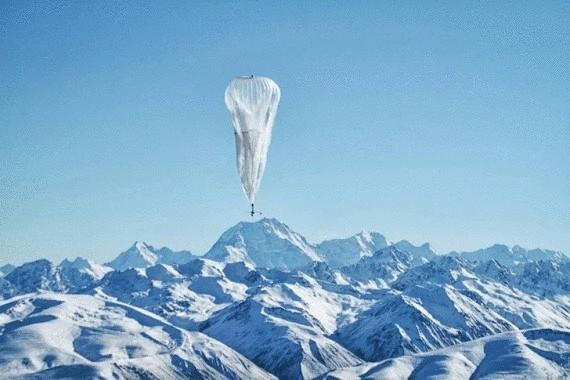
2. The world is still more than 4.5 billion people without Internet access — especially in third world countries. At the MWC 2014, mark Zuckerberg called the Network connection of all humankind the main task of the technology community for the next decade — that communication can be a catalyst for the economic development of the poorest countries. However, while the solution of this problem leads not Facebook and Google.
The secret lab Google X developed the concept of the Internet balloons Project Loon flying, and recently the search giant bought drone designer Titan Aerospace. Flying in the stratosphere, solar-powered drones will be able to carry the transmitters, and this solution is cheaper and more effective usage of satellites. However, speaking about the humanitarian message of such projects, representatives of Google and Facebook are evil: no Internet connection the rest of the world's population, tech giants in the near future simply will not be able to maintain current growth rates. Besides, Project Loon is already interested telecommunications company.
Clean coal
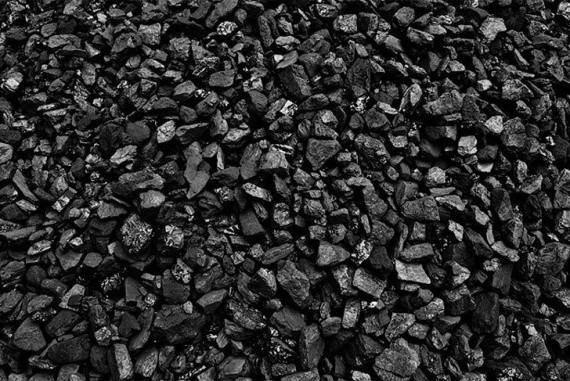
3. The future is usually associated with renewable energy sources: already the largest technology companies create data centers that use only wind and solar generators, and Google is investing more than $1 billion in innovative energy startups. However, according to the International energy Agency, the main fuel will be coal of the future: it now accounts for 40% of all electricity generation on the planet, and by 2035, this percentage does increase to 48% (the share of solar and wind energy will have only 5% of world energy).
Humanity will have to make a choice: either continue to emit carbon dioxide into the atmosphere and to live in a world impregnated with coal dust, either to bet on the technology of carbon capture and storage of carbon dioxide (CCS), involving the injection of carbon dioxide underground. This technology is costly and does not have any mass support, but sometimes the further use of cheap fuels have to pay further (however, even the most optimistic projections, by the year 2100, only half of all carbon dioxide from thermal power stations will be pumped into the ground).
Cheap solar energy
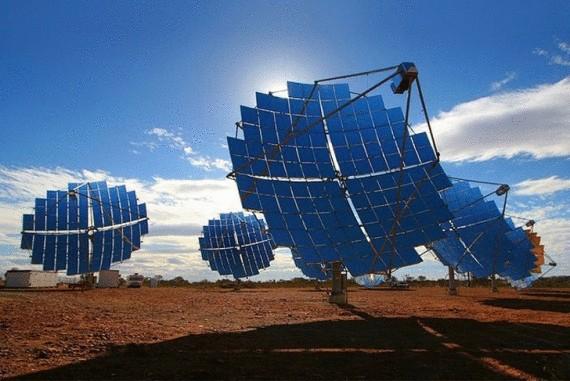
4. There are two ways of reducing the cost of solar energy. The first is a defeatist intentionally use the cheapest (and therefore not very efficient) photovoltaic cells. The other is to find new materials available and at the same time radically increasing the efficiency of solar panels. These were: the mineral perovskite was first used in experimental solar cells in 2009 to last year, efficiency innovations could increase to 16%, and soon the researchers hope to reach the level of 50%. Conventional perovskite cheap, easy to use and allows to reduce the cost of solar energy by 75%. The journal Science named him one of the breakthroughs of 2013 — if you want to invest in renewable energy, it is the number one goal.
Water desalination

5. The lack of fresh water is still one of the main problems of the planet, but it can be solved, opasnaya sea water. The catch is only that of a desalination plant, usually working by reverse osmosis, too expensive and not effective enough: as a result of their work, more than half is pumped from the ocean water goes back. California startup WaterFX managed to bring efficiency to 93%, while reducing the use of electricity five times. It's all in the use of solar energy: at the station of desalination, WaterFX built parabolic mirrors reflect the sun's rays, heating the coolant in the tubes. That transmits heat into the system, simply evaporating salt water — as a result, the station produces not only fresh water but also salt, which can then be used for agricultural purposes.
Artificial meat
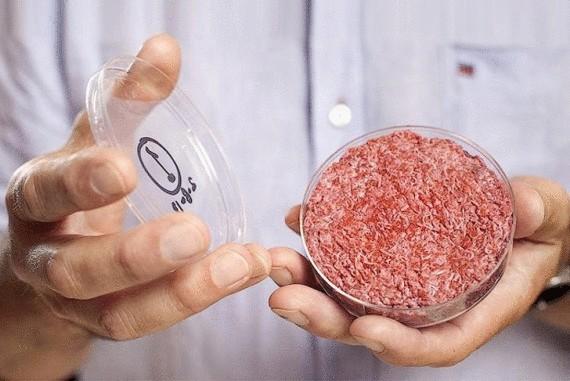
6. "Your addiction to meat is killing the planet (but we know how to fix it)" is a name that speaks wore a striking visual feature, released in August last year, on The Verge. A week before in London, two volunteers tasted the first synthetic Burger grown in a laboratory from induced pluripotent stem cells. The Burger cost $400 000 to Sergey Brin, but were tough and bland. Nothing wrong: if you are sponsored by Google co-founder research will continue in the future artificial meat will be tastier, cheaper and can replace the present.
And it's not just a fad: the system of husbandry in its present form is unsustainable and inefficient under-grazing uses up to one-third of all lands of the planet and farm animals consume most of the grown grains. By 2050, the request for food will grow twice, and the mankind simply cannot do without artificial substitutes. Sergey Brin is not the only one who realizes it: in the experiments on growing meat from stem cells invested by bill gates and Twitter co-founders BIZ stone and Evan Williams propose to use artificial substitutes based on vegetable raw materials.
Pill for weight loss
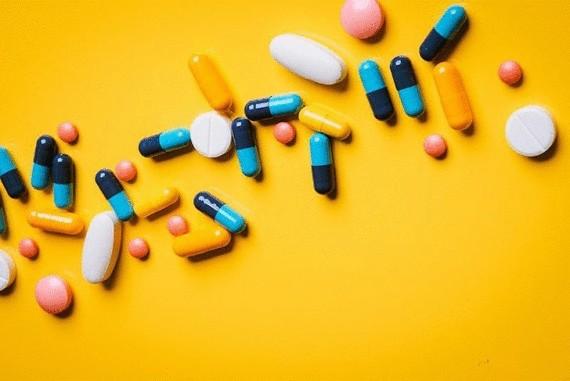
7. If difficulties with water and food remain one of the main problems of developing countries, obesity is the scourge of the developed: the one who will start production of a diet pill, allowing you effortlessly to lose weight break the Bank. Already made first steps in this direction: in 2012 researchers at the University of California found endocannabinoid in the brain of experimental mice, which led them into a state of hypermetabolism. Mouse effectively burn calories and remain in shape, despite the fact that did not exercise and were on a high-fat diet. In addition, the researchers did not notice increased risk of heart disease and diabetes.
Edit the genome
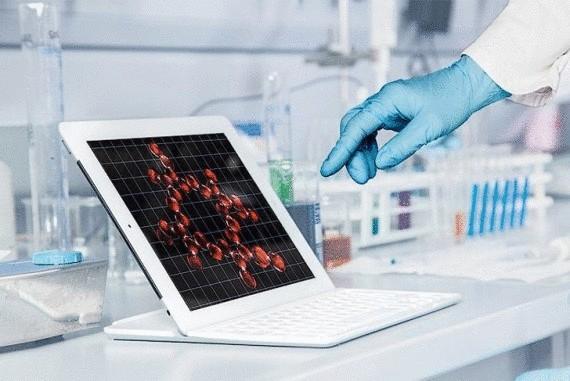
8. The problem of excess weight can be accomplished by using much more advanced methods. Edit the genome — the future of medicine: thanks to the technology CRISPR, which has become the main toy geneticists in the last few years, you can fine-tune all functions of the body, removing some genes and inserting instead the other at the level of the whole tissue. In the future this will allow us to get rid of defective genes of the genome of an adult, and this to beat cancer. Or, conversely, "start" broken genes and solve the problem of diabetes.
Source: brainswork.ru



